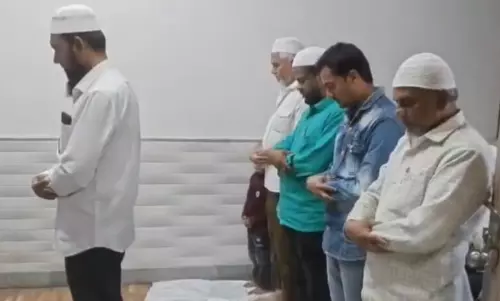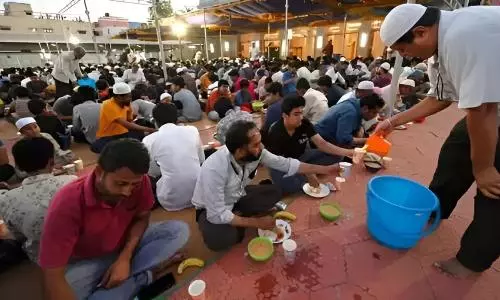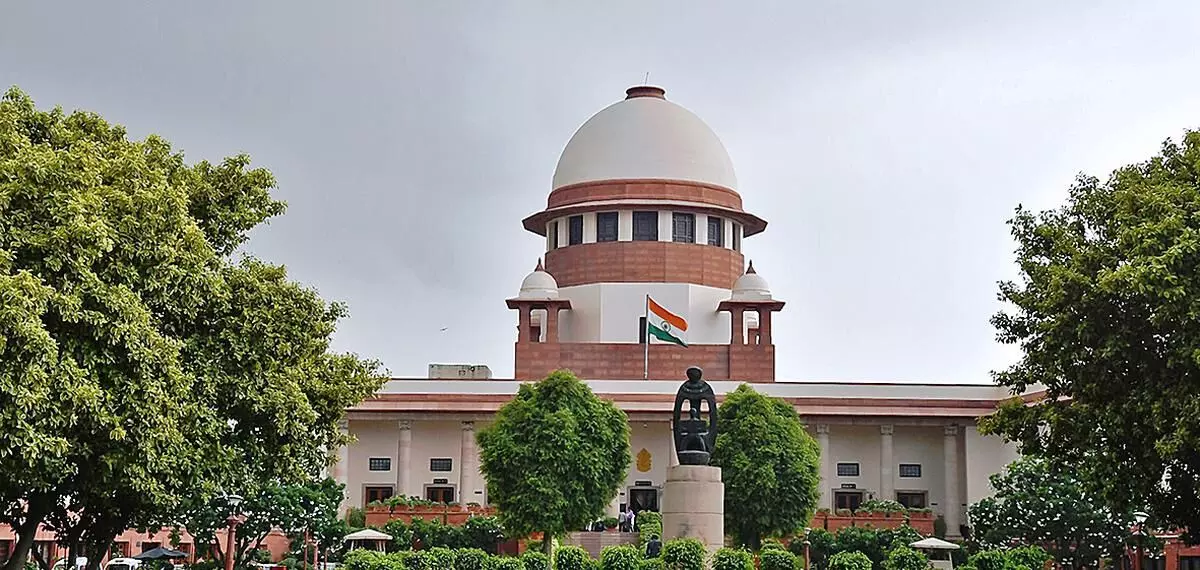
Is conversion a security threat?
text_fieldsAs well as observing forced religious conversion a serious issue affecting national security, the Supreme Court has sought the Centre's intervention in it and has further requested Solicitor General Tushar Mehta to seek proper action on it. The bench comprising Justices M R Shah and Hima Kohli has made the observations. The court has also directed the central government to file a counter affidavit on a plea filed by BJP leader and lawyer Ashwanikumar Upadhyay who sought to stop religious conversions happening through promises and threats. Previously on April 3, 2021, a bench comprising Justice Rohinton Nariman dismissed a similar plea filed by Ashwanikumar Upadhyay. Back then the court asked the petitioner why people aged over 18 years be barred from choosing the religion they like. A citizen has the right to propagate religion under Article 25 of the Constitution; the Supreme Court rejected the BJP leader's plea stating that there is a specific reason for including this right in the Constitution. Ashwani Upadhyaya, who nevertheless withdrew the plea approached the court again expecting favorable intervention from the Supreme Court in the changed circumstance.
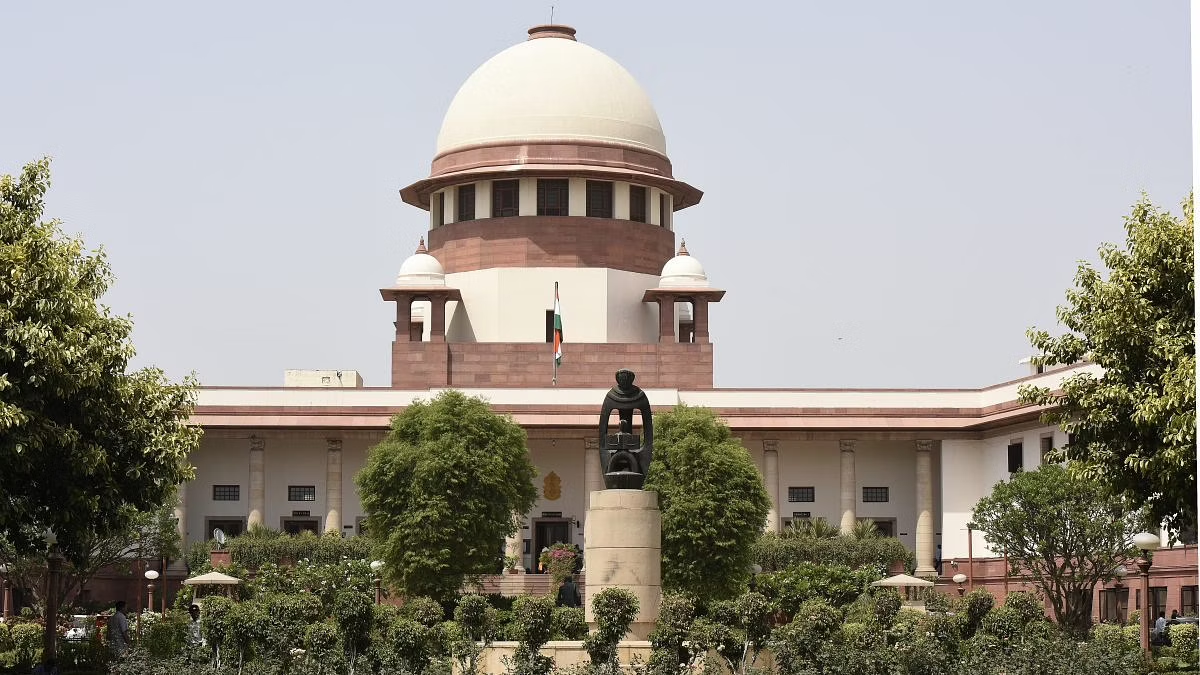 Also Read:Forced religious conversion will lead to a difficult situation: SC
Also Read:Forced religious conversion will lead to a difficult situation: SC
Article 25 of the Constitution as stated by Justice Rohington Nariman unequivocally guarantees freedom of religion. Multiple judgments so far have clarified that the said freedom is not limited to freedom of religion but includes the freedom to practice and propagate religion. Even the prominent Congress leaders who wanted India to become a Hindu nation had not raised their voices in the Constituent Assembly for the articles that prevent religious freedom. It is the forces that want to turn India into a Hindu Rashtra are insisting on bringing the anti-religious conversion at the national level by bringing pressure to bear on the Supreme Court for it. Pointing out that the recent Supreme Court judgment linked the issue to the maintenance of law and order within the jurisdiction of the states, the BJP-ruled states such as Karnataka, Gujarat, Madhya Pradesh, Haryana, Himachal Pradesh, UP, Uttarakhand among others have introduced laws prohibiting forced conversions. As per the law those convicted will face imprisonment from one to 10 years alongside a fine of up to one lakh rupees. A similar law is in force in Odisha as well. If it is proved that the conversion was carried out by misrepresentation, coercion, fraud, influence, force, enticement, marriage, promise of money or other things, the accused will be punished accordingly. From time to time, Sangh Parivar seeks to implement ban on religious conversion across the nation clamouring that the Christian missionaries are mass converting the underprivileged including tribal people. Strangely enough, though the "lovejihad" campaign stems from the same source, some Christian priests expressed their solidarity to the campaign.
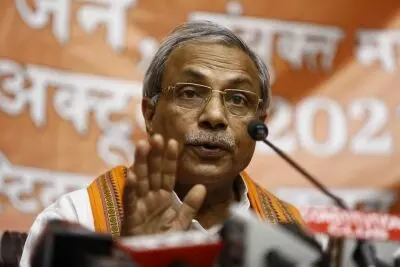 Also Read:VHP asks for central law to block 'illegal' conversions
Also Read:VHP asks for central law to block 'illegal' conversions
There is no justification for these ruckus or the corresponding legislation in a democracy where freedom of religion and expression are fundamental rights, where anyone has the right to adopt or reject any religion. In order to argue that one has converted, doesn't one have to have had a religion in the first place? Do millions of tribal people and hill dwellers in India have a religion? If so what is that? It is true that they have various traditional beliefs and practices. Who decided that it is Hinduism or Sanatanadharma? Or even if it is accepted that they are part of Hinduism, can it be a punishable offense should they accept Buddhism like Dr. Ambadkar, the architect of the constitution, has done? It seems converting to Islam or Christianity turns out to be punishable offence. It is hard to understand the situation that prompts the apex court to observe that change in belief could pose a threat to national security. Using coercion and temptation to whatever end cannot be allowed to happen. But existing laws have made all such activities punishable offences. When the elections are around the corner, it should not appear that judiciary is siding with gimmicks of the Sangh Parivar.





